21 Feb Krachtig Jong: a project to unite young people in Mechelen
Krachtig Jong is a community project based in Mechelen’s Arsenal district that aims to unite young people. Founded in 2016 by two young women, Sara Ebrahimi and Kristin Salçuk, Krachtig Jong organises a variety of activities for children and young people from all backgrounds. These activities are inspired by the principles of the Baha’i faith, which advocates the unity of humanity and the cooperation of everyone to build a fairer and more prosperous world.
Krachtig Jong puts these principles into practice by encouraging young people to meet up and work together to improve their neighbourhoods. Considering that all human beings are one in their diversity, the project welcomes around ten young people from different socio-cultural backgrounds and beliefs in pre-youth groups and around ten children in children’s classes. A class for toddlers is also being prepared at the request of parents, who are fully involved in the project.
Here are a few examples of activities organised by Krachtig Jong:
– Children’s classes: in the children’s classes, the beautiful qualities of each child, such as love, patience, kindness and generosity, are highlighted. Various activities, such as singing, reading stories aloud, colouring, outdoor sports activities and much more, contribute to this.
– Family (neighbourhood) party: parents of children in the Children’s Classes and the youth group, as well as supporters, get together not only to find out what’s going on in the Children’s Classes, but also to enjoy each other’s company. Potlucks, music and art are also part of this festive gathering.
– Social gatherings: Krachtig Jong organises social gatherings to enable young people to meet and get to know each other. These gatherings can take place in public places, such as parks or cafés, or in private homes.
In this way, the young people develop a sense of pride and belonging to their neighbourhood, promoting social cohesion among all its inhabitants.


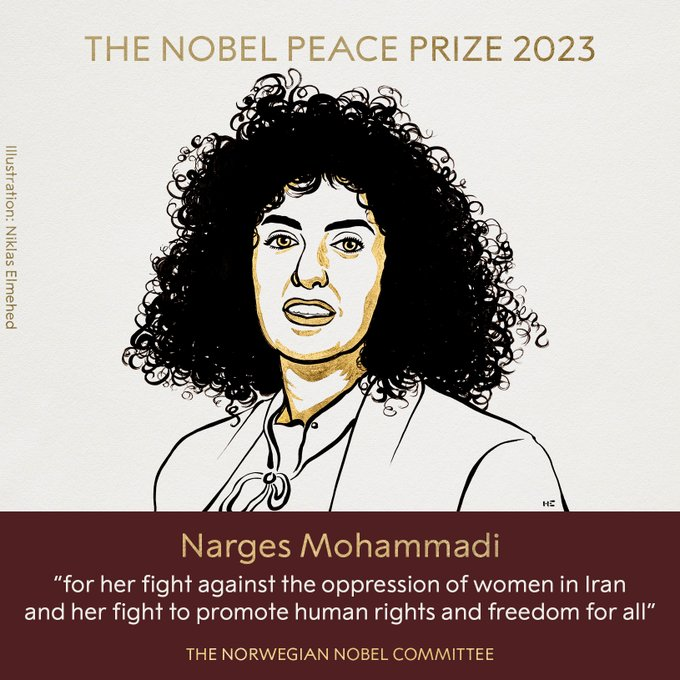
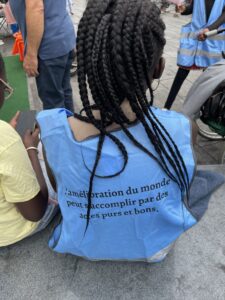
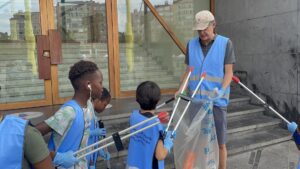
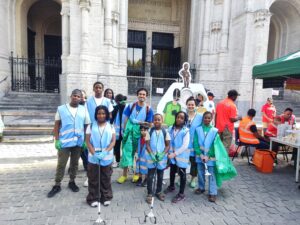
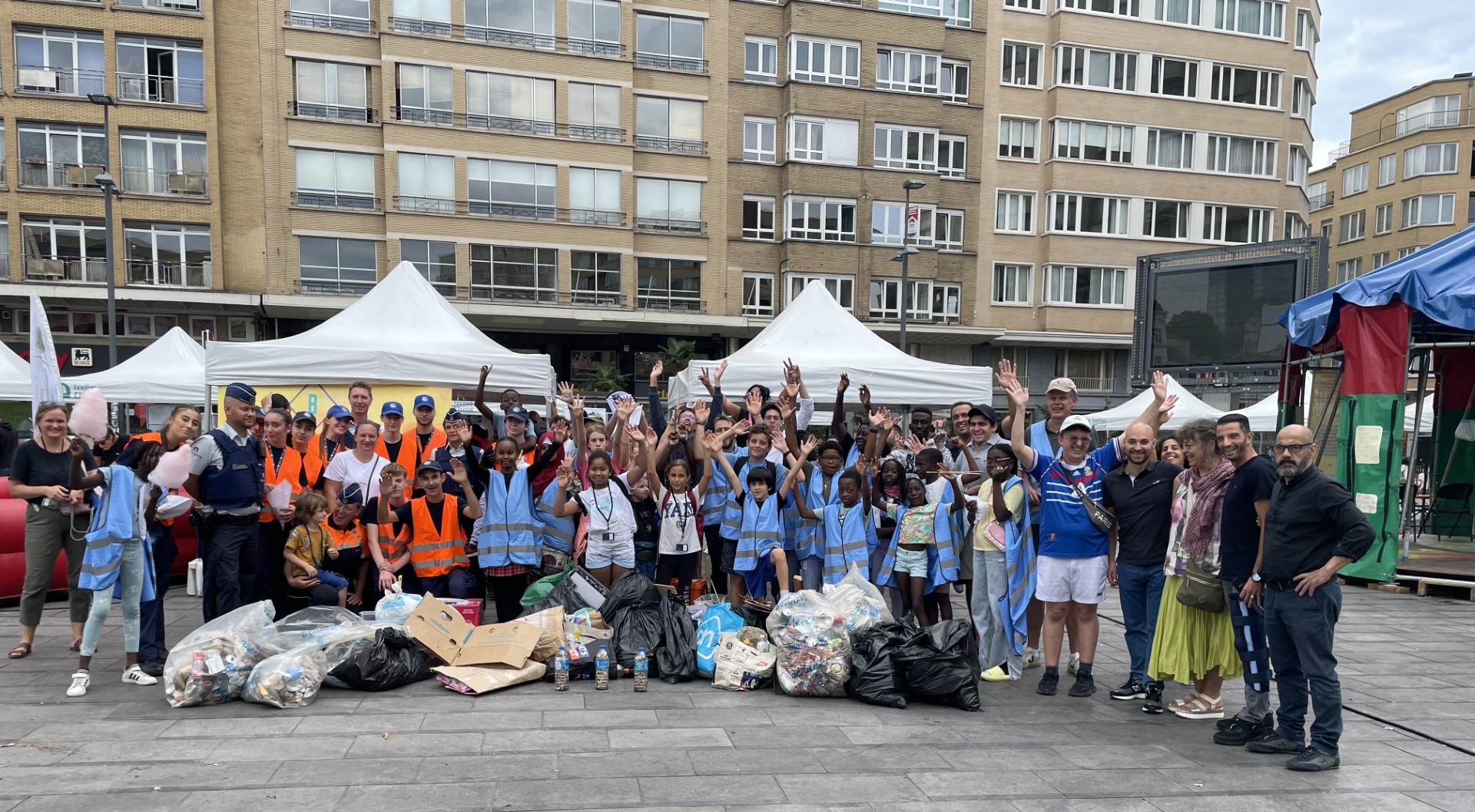
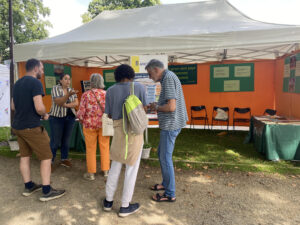
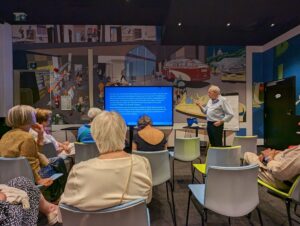 Following this event, a talk was held on 8 September, attended by around twenty participants, on the theme of “On the path to a new world order – a Bahá’í perspective”, addressing a series of societal issues such as rising inequality, global warming, conflict, racism, religious fundamentalism, etc., and society’s awareness of their global dimension.
Following this event, a talk was held on 8 September, attended by around twenty participants, on the theme of “On the path to a new world order – a Bahá’í perspective”, addressing a series of societal issues such as rising inequality, global warming, conflict, racism, religious fundamentalism, etc., and society’s awareness of their global dimension.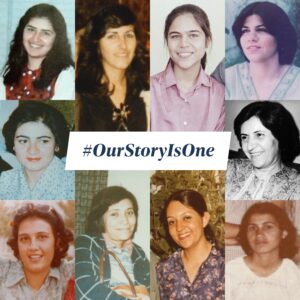
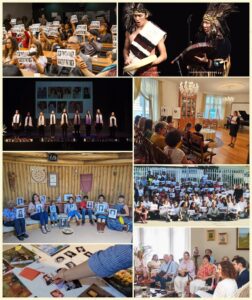
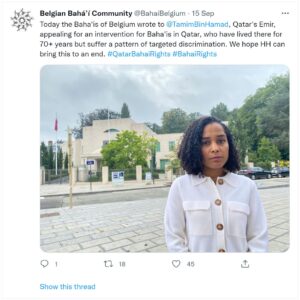 BRUSSELS – 16 September 2022 – The Baha’i Community of Belgium yesterday morning delivered a letter addressed to His Highness Sheikh Tamim Bin Hamad Al Thani, the Emir of the State of Qatar, expressing the concerns of the Baha’is of Belgium regarding the discrimination, restrictions, and human rights violations which have been suffered by their co-religionists in Qatar for decades, and asking him to intervene on behalf of the Baha’is in his country.
BRUSSELS – 16 September 2022 – The Baha’i Community of Belgium yesterday morning delivered a letter addressed to His Highness Sheikh Tamim Bin Hamad Al Thani, the Emir of the State of Qatar, expressing the concerns of the Baha’is of Belgium regarding the discrimination, restrictions, and human rights violations which have been suffered by their co-religionists in Qatar for decades, and asking him to intervene on behalf of the Baha’is in his country.